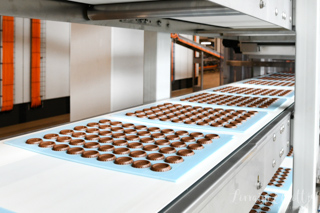
Today we visit Halba, a Swiss chocolate manufacturer who is one of the leaders of producing sustainable chocolate. With chocolate shortage and record prices, around the world dwindling how can we ensure that we always have enough chocolate?
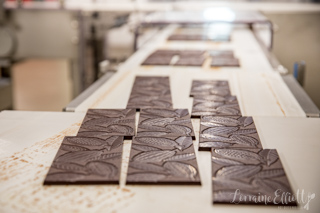
Halba are a significant producer of Swiss chocolate whether through its own label or as a B2B producer of chocolate for other companies. Their parent company Coop is one of the largest retail and wholesale companies in Switzerland and Halba produces all of the chocolate sold in Coop stores as well as other brands sold in 19 countries.
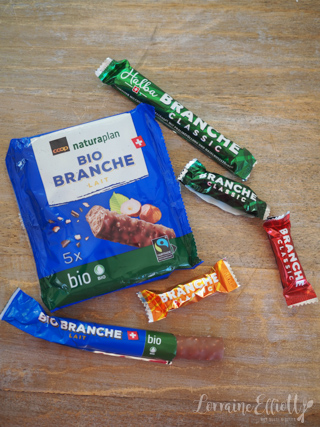
The output at Halba is prodigious. They produce 20,600 tonnes chocolate a year and 6 million Easter bunnies annually. If you've ever visited Switzerland you may have come cross a chocolate called Branche. These praline sticks are very popular and Halba make 100 millions pieces of these a year. They export to America, Australia (under the brand Bennetto) Austria, Brazil, Canada, Chile, China, France, Germany, Italy, Lichtenstein, Mexico, Netherlands, New Zealand, Philippines, Spain, Switzerland and the UK.
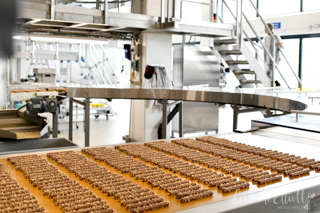
Sustainability is a big issue with chocolate - since 2024 we have all witnessed the "global cocoa shortage" or "cocoa crisis" and the resulting sharp increase in price. What has caused these alarming chocolate shortages? There are many factors including weather patterns made worse by climate change, CSSV or Cacao swollen shoot virus, cocoa smuggling and the move to gold mining instead of cocoa farming. And despite huge price increases, the actual farmers themselves did not see a large increase in their own income as the supply chain is a complex one.
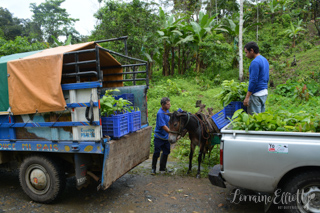
Another factor is monoculture where farmers grow just a single crop on a large scale. Monoculture does have its benefits for the farmer as it is easier to manage and monitor a single crop and can lead to higher yields but the disadvantages are numerous. Monoculture degrades soil, requires more pesticides, leads to a loss of wildlife habitats and the potential for increased pest and disease outbreaks and can leave farmers vulnerable to market price fluctuations.
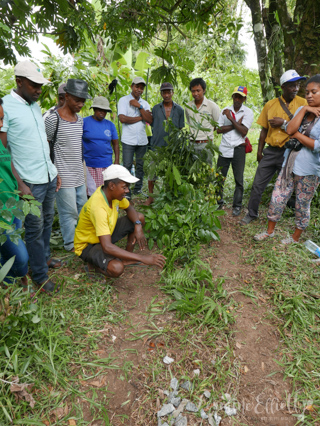
One of the solutions to the cococa crisis is to address monoculture. Halba's CEO Réka Szalay explains that they are encouraging their cocoa farmers to move away from monoculture to dynamic agroforestry. This means a move away from planting just cocoa pod trees into planting a dynamic and varied range of trees. This mimics the complex inter relationships of nature.
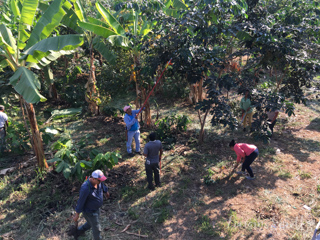
Cocoa beans love nutrient rich soils and this combines different crops like maize, cashew, citrus, yams and cassava with different lifecycles and different heights. This also allows for a diversity in income for the farmers. This highly diverse system gives optimal growing conditions and maximum productivity. For example a farmer can see differences in yield within a span of 3 months.
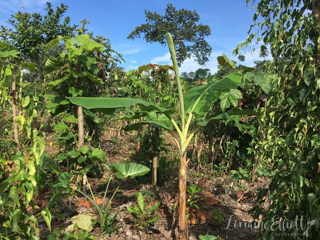
One of the biggest issues of concern in many cocoa producing countries is child labour and it's often a product of poverty. This has been an issue since cacao beans have been harvested. They do try to remediate and monitor cases.
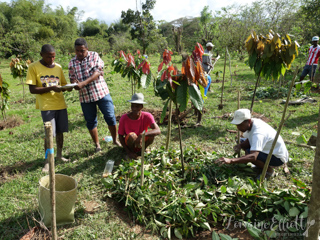
Halba use 100% fair trade certified cacao beans. 35% of their total chocolate production is organic and 92% of their chocolate has a sustainability label. They rank second behind Dutch brand Tony Chocolonely on the Chocolate Scorecard for large and medium companies and Coop is ranked first on the retailers scorecard. This scorecard rates producers of chocolate and judge them on several factors including agroforestry, pesticide use, deforestation, living incomes and child protection as well as transparency and traceability.
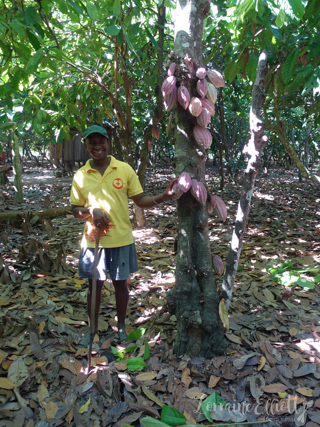
They source cocoa beans from Honduras, Ecuador, Peru, Dominican Republic, Ivory Coast Ghana, Togo and Madagascar. In Ghana, Halba have invested 1,2100,000CHF from 2019 to 2026 converted 650 farms to dynamic agroforestry plots. To ecnourage the switch, there is no financial outlay for farmers to switch to dynamic agroforestry.
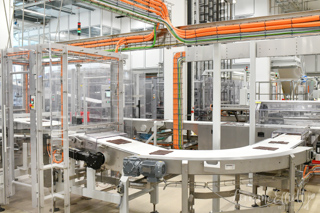
Afterwards we don hairnets, coats and shoe covers and visit the factory to watch chocolate being produced. The scale is incredible. Each chocolate variety for each brand has a separate recipe according to each country because of the complex regulations. The factory also runs for 24 hours with workers taking shifts. And one of the perks of working here is that all employees are allowed to eat as much as they want - on the premises.
So tell me Dear Reader, had you noticed the increase in price of chocolate in the last year or two? Do you take notice of sustainability labels?
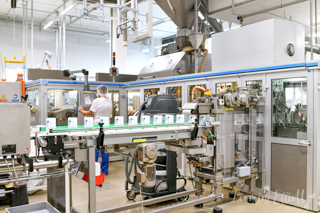


Reader Comments
Loading comments...Add Comment